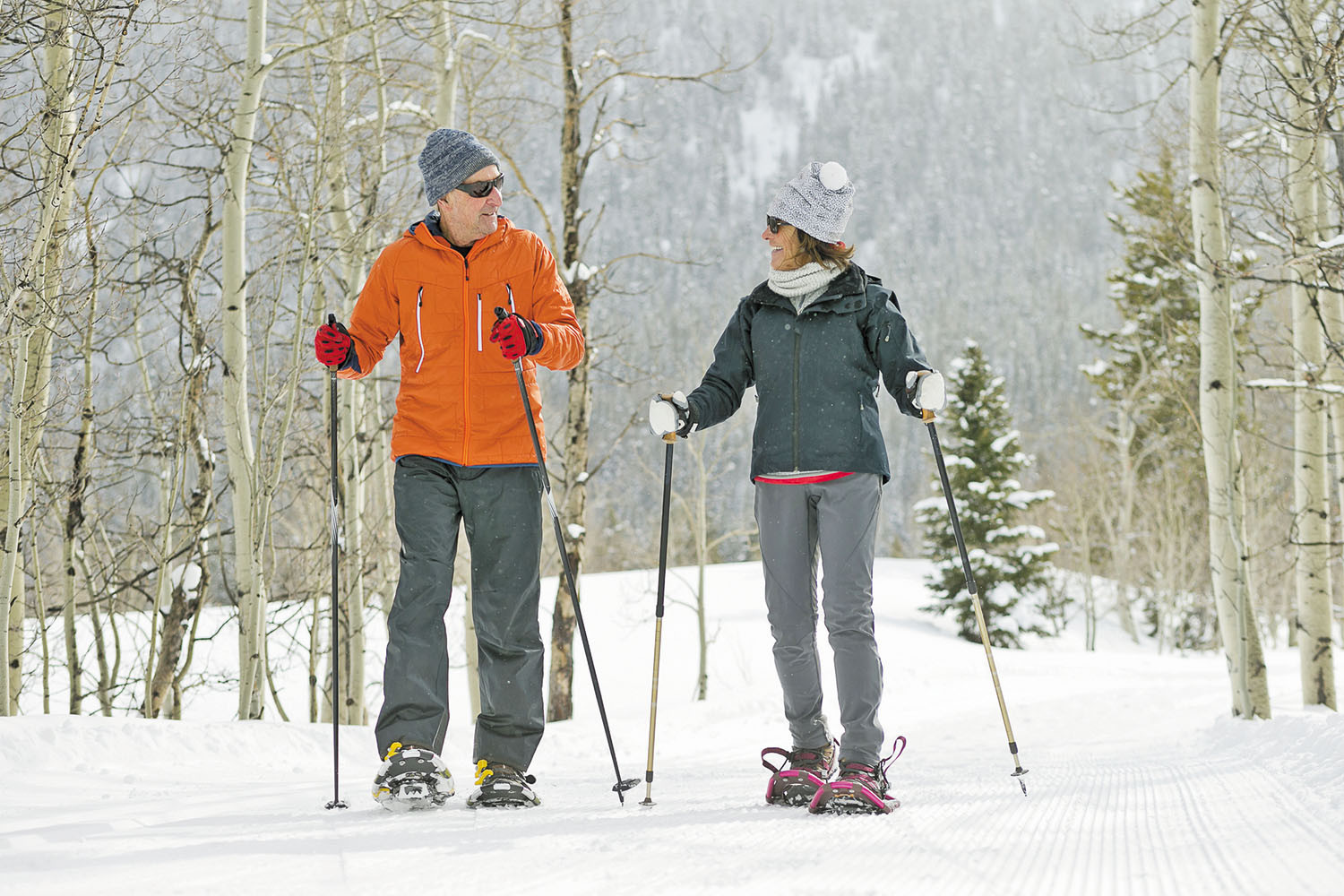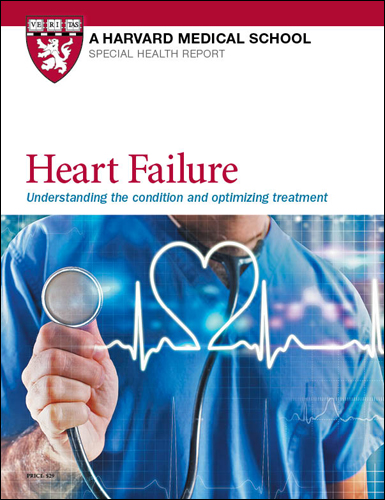Cold-weather cautions
'Tis the season to pay extra attention to your cardiovascular health.
- Reviewed by Deepak L. Bhatt, M.D., M.P.H, Former Editor in Chief, Harvard Heart Letter

Wintertime has its charms — think festive holiday celebrations and cozy nights by the fireplace. But chilly weather also brings some challenges, especially for people who have or are at risk for heart disease.
Cold temperatures cause your blood vessels to constrict, which is your body's natural reaction to send blood deeper into the body. This keeps your vital organs warm and helps minimize heat loss. But narrowed blood vessels means your heart has to work harder to pump blood through your body, which raises blood pressure and puts stress on your heart.
This isn't a problem for people with healthy arteries. But if your arteries are narrowed by fatty plaque (atherosclerosis), cold-related vessel constriction may leave you more vulnerable to chest discomfort (angina) or a heart attack. That's especially true if you're doing strenuous activity, such as walking briskly in a strong wind, pushing your car out of the snow, or shoveling snow—a classic heart attack trigger.
"Shoveling snow, especially wet, heavy snow, puts a much higher workload on the heart than what people normally do for their exercise," says Dr. Brendan Merchant, a cardiologist with Harvard-affiliated Brigham and Women's Hospital. If you need to remove an inch or two of snow from your walkway or driveway, take it slow and pay close attention to how you're feeling, he advises. Even maneuvering a heavy snowblower can be physically taxing. After a heavy snowfall, play it safe and hire a professional.
Winter blues
Foul weather is just one of the ways winter may affect health-related habits. The shorter, darker days make some people feel down and depressed. This condition, known as seasonal affective disorder or the "winter blues," sometimes saps a person's motivation to exercise and eat healthfully, says Dr. Merchant. "It's one thing if you feel down for just a day or two. But if you lose your motivation to do everyday things, that's more serious, and you should reach out to your primary care provider for help," he advises.
Adjust your exercise
If a brisk outdoor walk in the early morning or evening is the foundation of your exercise routine, you might need to adjust your schedule. A midday walk takes advantage of what's normally the brightest and warmest part of the day. Be sure to dress appropriately for the elements, including a coat, hat, and gloves, especially if you have Raynaud's syndrome (see "Raynaud's syndrome: When cold temperatures turn the fingers white"). Dress in layers so you can remove them if you get too warm from exertion. Overheating can cause a sudden drop in blood pressure that might make you feel lightheaded or dizzy.
Wintertime holiday travel and gatherings also can disrupt your regular routine. If you're jet-lagged, try to make up for any missed sleep. Enjoy your favorite holiday foods and drinks, but be careful not to overindulge, especially if you drink alcohol.
Raynaud's syndrome: When cold temperatures turn the fingers whiteAbout one in 20 people has Raynaud's syndrome, a condition that causes the fingers (and sometimes toes) to turn pale and numb in response to the cold. These attacks, which usually last just 15 to 20 minutes, often happen when you're outside on a chilly, windy day without gloves. But even reaching into the freezer section at the grocery store can trigger the problem, which occurs when blood vessels contract spasmodically in response to cold temperatures. If you have Raynaud's, prevention is the best strategy. Always bundle up in cold weather and invest in several pairs of good gloves, which you may want to use when reaching into freezers. Cup insulators for cold beverages can also help. To treat an episode, warm up the affected extremities as soon as possible. Try putting your hands under running warm water, or hold them against your armpits or another warm part of your body. |
Avoid respiratory infections
Crowded indoor gatherings can also leave you more vulnerable to respiratory infections, which tend to peak during the winter months. "Influenza, COVID-19, and other infections can exacerbate heart disease, so it's really important to stay current on all recommended vaccines," says Dr. Merchant (see "More protection for your heart? It's just a shot away" in the October 2022 Heart Letter for details). Although the CDC recommends getting the flu vaccine in September or October, getting the shot in December or January isn't too late because influenza cases can spike in February and March, he adds. Frequent handwashing also helps prevent the spread of respiratory and other infections.
Image: © Nathan Bilow/Getty Images
About the Author

Julie Corliss, Executive Editor, Harvard Heart Letter
About the Reviewer

Deepak L. Bhatt, M.D., M.P.H, Former Editor in Chief, Harvard Heart Letter
Disclaimer:
As a service to our readers, Harvard Health Publishing provides access to our library of archived content. Please note the date of last review or update on all articles.
No content on this site, regardless of date, should ever be used as a substitute for direct medical advice from your doctor or other qualified clinician.
















